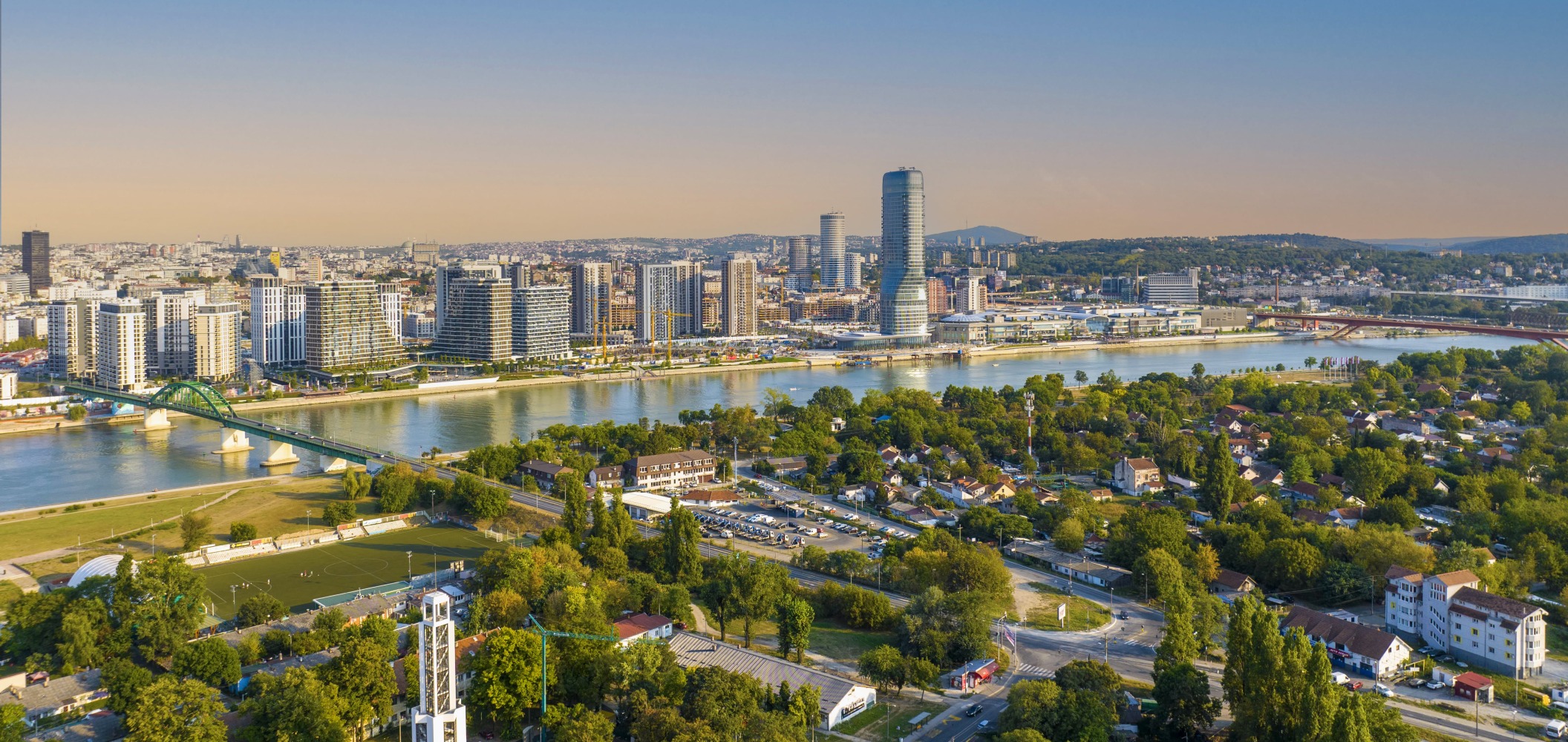Doing Business in Serbia
Doing business in Serbia has become increasingly appealing to entrepreneurs and investors from around the world, thanks to the country’s strategic location, favorable economic policies, and growing market potential. Serbia, situated at the crossroads of Central and Southeast Europe, offers a unique combination of advantages that make it an attractive destination for businesses across various sectors. This article provides an in-depth look at the opportunities, challenges, and key considerations for establishing and running a business in Serbia.
1. Strategic Location and Market Access
One of Serbia’s most significant advantages is its strategic location. The country serves as a gateway between Western Europe, Eastern Europe, and the Balkans, making it an ideal hub for businesses looking to access multiple markets. Serbia’s well-developed transportation infrastructure, including its network of highways, railroads, and river ports, facilitates the efficient movement of goods and services across the region.
Additionally, Serbia has free trade agreements with the European Union (EU), the European Free Trade Association (EFTA), and Russia, among others. These agreements provide Serbian-based companies with preferential access to a market of over 1.3 billion consumers, enhancing the country’s appeal as a base for export-oriented businesses.
2. Favorable Economic Environment
Serbia has made significant strides in improving its business climate over the past decade. The government has implemented a series of reforms aimed at reducing bureaucracy, enhancing transparency, and fostering a more business-friendly environment. As a result, Serbia has consistently improved its ranking in the World Bank’s Ease of Doing Business report, reflecting the progress made in simplifying business regulations and procedures.
a. Tax Incentives
One of the key elements of Serbia’s business-friendly environment is its attractive tax regime. The corporate income tax rate in Serbia is a flat 15%, one of the lowest in Europe. Additionally, businesses can benefit from various tax incentives, including tax holidays, reduced tax rates for large investments, and exemptions for companies operating in free zones.
b. Labor Market
Serbia offers a highly skilled and cost-effective labor force, particularly in industries such as IT, engineering, and manufacturing. The country boasts a strong educational system, with a focus on technical and vocational training, ensuring a steady supply of qualified professionals. Moreover, labor costs in Serbia are relatively low compared to Western Europe, providing a competitive advantage for businesses looking to optimize their operational costs.
3. Key Sectors for Investment
Several sectors in Serbia present significant opportunities for investment and business growth. These include:
a. Information Technology (IT)
Serbia has emerged as a regional leader in the IT sector, with a thriving ecosystem of startups, software development companies, and IT services providers. The country is known for its highly skilled programmers and engineers, many of whom have gained international recognition. The Serbian government actively supports the IT industry through various initiatives, including tax incentives, grants, and the establishment of technology parks.
b. Manufacturing and Automotive
The manufacturing sector, particularly automotive production, is a cornerstone of Serbia’s economy. Major global automotive companies, such as Fiat Chrysler Automobiles, have established production facilities in Serbia, attracted by the country’s skilled labor force, competitive costs, and proximity to key markets. In addition to automotive, other manufacturing sectors, such as electronics, textiles, and machinery, also offer substantial investment opportunities.
c. Agriculture and Food Processing
Serbia’s fertile land and favorable climate make it an ideal location for agricultural production. The country is a leading producer of various agricultural products, including grains, fruits, and vegetables. The food processing industry, which includes the production of beverages, meat products, and dairy, is also well-developed and offers opportunities for investment, particularly in value-added processing and export-oriented production.
d. Tourism and Hospitality
With its rich cultural heritage, diverse landscapes, and growing reputation as a travel destination, Serbia’s tourism and hospitality sector is on the rise. The capital city, Belgrade, has become a popular destination for both leisure and business travelers, while other regions, such as the historic city of Novi Sad and the scenic countryside, offer opportunities for investment in hotels, resorts, and tourism-related services.
4. Practical Steps for Starting a Business
For those looking to establish a business in Serbia, the following steps provide a general overview of the process:
a. Choose a Business Structure
The first step is to choose the appropriate legal structure for your business. The most common forms are limited liability companies (LLC), joint-stock companies, and sole proprietorships. Each structure has its own legal and tax implications, so it is important to choose the one that best suits your business needs.
b. Register Your Business
Business registration is handled by the Serbian Business Registers Agency (SBRA). The process involves submitting the necessary documentation, including the company’s founding act, proof of capital, and identification of the owners and directors. Once registered, your business will receive a registration number and a tax identification number.
c. Obtain Necessary Permits and Licenses
Depending on the nature of your business, you may need to obtain specific permits or licenses from relevant authorities. This can include environmental permits, construction permits, or industry-specific licenses.
d. Open a Bank Account
You will need to open a business bank account with a local bank in Serbia. This account will be used for all financial transactions related to your business, including paying taxes and salaries.
5. Conclusion
Serbia offers a compelling environment for doing business, with its strategic location, favorable economic policies, and growing market opportunities. Whether you are looking to establish a new venture, expand an existing business, or invest in key sectors, Serbia provides a range of opportunities for success. However, it is important to carefully consider the challenges and to seek local expertise when navigating the regulatory and business landscape. With the right approach, doing business in Serbia can be a rewarding and profitable endeavor.
Serbia.com has formed strategic partnerships with consulting firms which can act as your local partner, and help you achieve your business goals in Serbia. Our partner consulting firms have decades of relevant business experience with verifiable references.
To learn more and to schedule a free consultation, please feel free to fill out the form below:











